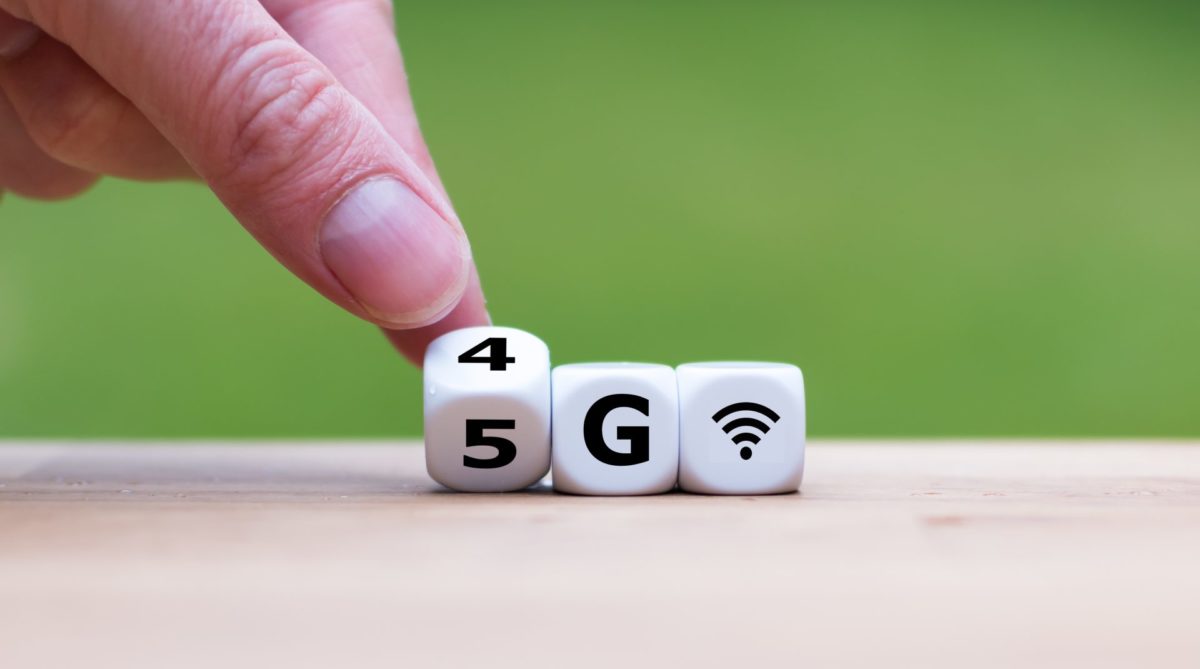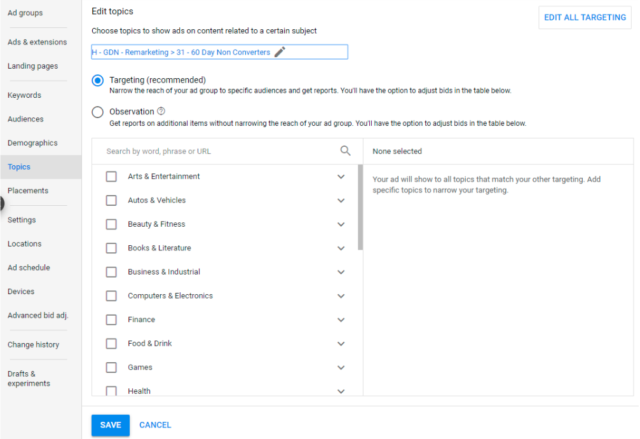There’s a long way to go before there is full 5G coverage across the UK, with only certain cities and towns having the relevant hardware. Apple is yet to release a 5G compatible phone and only certain Android models offer support. However, now is the time to start considering what it means for you and your customers.
Key benefits of the 5G network:
- Low latency: response times of less than 10ms for each request
- Better availability indoors: such as at hospitals and on the London Underground
- The world will simply work faster: faster web browsing, faster buying journey, faster transactions in the financial sector
As we get closer to the end of the rollout, the benefits for both the B2B and B2C space are becoming clearer.
Cast your mind back to 20 years ago and think about how 3G affected mobile usage and moved users from desktops to mobiles. Now we’ll see even more usage going to mobile.
In the B2B space
Larger organisations are already making use of 5G to innovate. Ford is working with Vodafone to create a private 5G network, capable of enabling people across remote sites to work together on real-time control, analysis and remote support.
This will lead to hugely faster response times and improve business efficiency when external support is required, without waiting for an engineer to make their way to the site, and without using resources to travel.
It will enable better usage of tech like drones, which can be used to replace complex and dangerous tasks normally needed to be done by a human, such as on the side of high rise buildings.
The effect on your average SME, which make up the majority of this country, is yet to be seen. But one thing we can be sure of is that your consumers will benefit, which in turn benefits both the B2C and B2B space.
In the B2C space
For your average consumer, this means considerably faster browsing through higher bandwidth but also much lower latency of connections. Although the gains seem small (10s of milliseconds), when one web page may have 10s and sometimes 100s of requests, this has a huge benefit once scaled across a day or more.
We’re all used to streaming video and music on the go, and faster download speeds will enable higher fidelity and more immersive experiences.
Most exciting for me is that The Internet of Things will become more of a reality. We’ve long heard about that coveted moment when you no longer need to purchase milk at the shops because your fridge will already know you’re running low and automatically order more for you. 5G will make that more of a reality!
We’re slowly seeing augmented reality be integrated into mobile apps. This will only become more immersive as more data can be served over higher bandwidth, and of course, mobile gaming will be more powerful than ever before.
What can we learn from this?
With increased speed, user expectations will be set higher and come to expect even more from their browsing experiences. Now more than ever, page load speed and user experience will be more important.
It’s well researched that increases in website load speed can lead to higher conversion rates and 5G will improve the experience for everybody. This means that marginal gains in load speed and UX that weren’t considered to give a return on investment will become even more important than ever as we start to compete over 100s of milliseconds and below, rather than seconds.
Let us know how you think 5G will affect your business in the comments below, or drop us a line if you want to have a chat about optimising your user’s online experience.
Have you found this article useful?
Get Team Hallam's expert advice and guidance straight to your inbox once a week.






